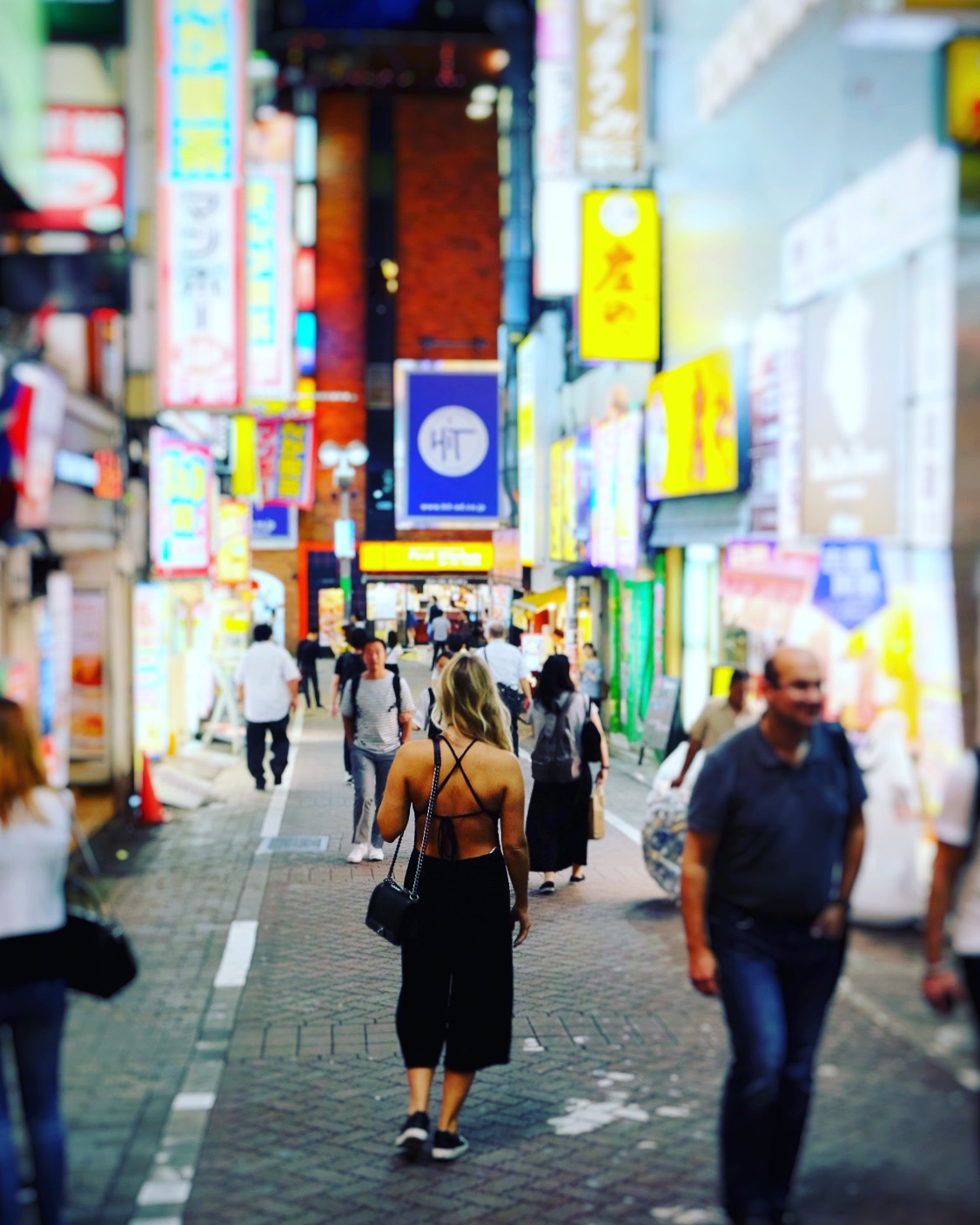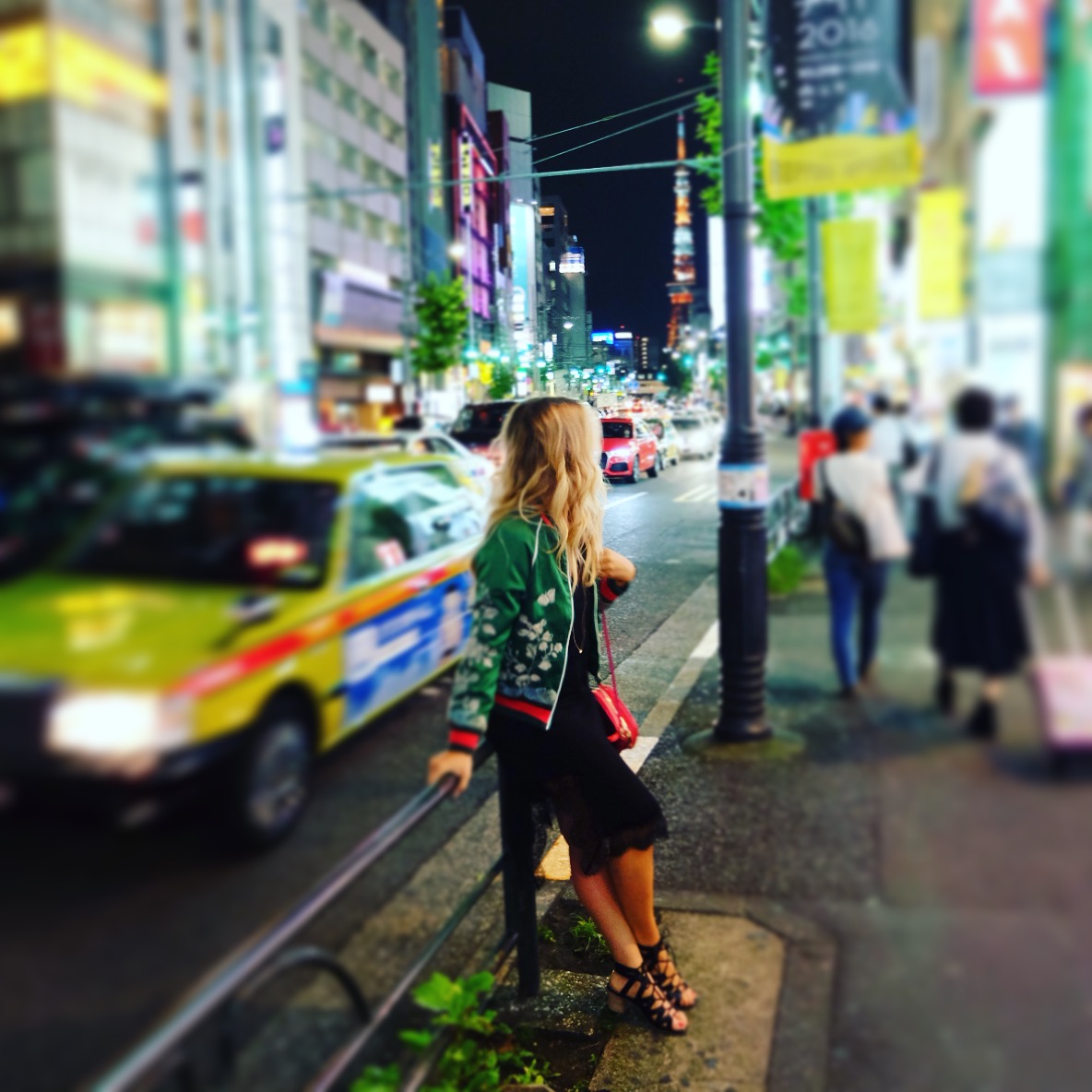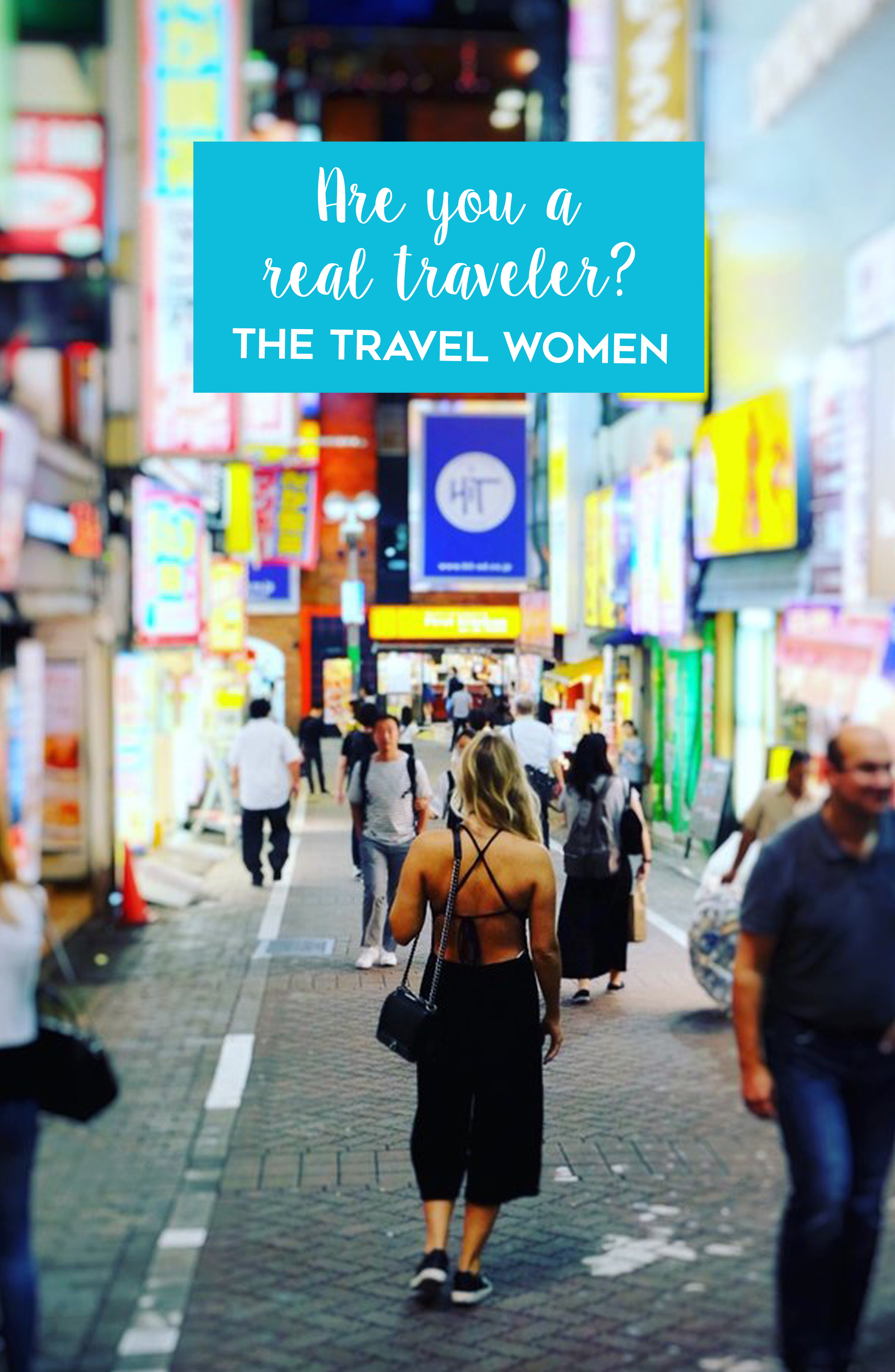The first time I ever traveled abroad was my trip to Paris with my sister when I was eighteen years old. We stayed in a cheap hotel in St. Germain, ate only prix-fixe menus in the Latin Quarter, spent too many euros buying trinkets in the souvenir shops across from Notre Dame, and visited every monument and museum in the city wearing berets and neckerchiefs. Total tourists.
I knew after that trip that I wanted to see the world. Not just the glamorous places, but the entire world. I wanted to see it not as a tourist, but as a traveler.
Now, ten years since that first trip abroad, I spend only a few weeks a year actually in my apartment in New York City. The other days are passed in transit, or exploring wherever it is I happen to be in the world. What I have learned in ten years of wandering the globe is the difference between a tourist and a traveler, and the difference between saying “I need a vacation” and “I want to travel.”
I often meet people who say they want to travel – then they come back from their trip and tell me the reasons they didn’t like the place they went.
No one spoke English!
They don’t serve drinks cold!
It was so confusing to get around!
The hotel room was tiny!
These are all actual complaints I have heard from friends and family upon their return from Europe or Asia. I have to question them – “Is that why you went? To speak English, drink a cold coca cola, know your way around, and stay in a spacious accommodation?”
Because you could have done that at home. That’s not traveling!
Another common complaint is “the locals were so rude to us tourists!”
So don’t be a tourist then. Tourists expect everyone to be like them and when they’re not they get impatient and frustrated. Travelers relish when absolutely no one is like them, and take the opportunity to learn.
Vacation to most people means comfort, relaxation, luxuries. In my experience, true traveling isn’t any of those things. Traveling is challenging, traveling is messy. To truly explore and experience a place, you need to reach outside your comfort zone. Every culture has different social norms and standards, so if you spend your whole trip trying to find things that match up with the comforts of home – you should have just stayed home.

I would not have seen much of Jaipur by spending all my time in our luxurious suite at the Oberoi. We quickly befriended our driver, Girwar, who went rogue from the hotel’s suggested tour and took us to the ancient temple where his father-in-law was preparing for a special celebration that night. There, sitting on the stone floor cross legged I received my first Hindu-blessing and observed as the devout group of men prepared their altar and temple for the evening’s festivities. That was Rajasthan!
I’m not saying there is anything wrong with vacationing. I have been places where I am nothing but a tourist and spend all day relaxing somewhere with a drink in hand, but I plan it that way and choose the destinations accordingly – Grand Cayman, The Maldives, Disney World. Those places will require very little effort from you to have a good time.
If you say you want to go on a trip, then you have to be in the mindset of a traveler, and that means going outside what’s comfortable. You have to be willing to do things the “at home” version of you wouldn’t do.
To truly be a traveler is to take risks. It’s the willingness to go into something you know you might not like or have never tried. It’s asking questions and going a step further. It takes a true desire to learn, experience, and empathize. While I wish I could say it will always be easy and wonderful once you try, and you will fall in love with everywhere you go, but that’s just not the case.
I didn’t fall in love with Vietnam, but I didn’t go there because I thought it would be my favorite place in the world. I went because I wanted to experience it, and so I dove in fully. I visited twice in one year, seeing every major city. I ate the questionable street food, rowed a boat through the mangroves, earned how to make banh mi sandwiches, cruised on a junk boat around Halong Bay, toured the temples with a guide, and had a historian take me through a museum exhibit on the Vietnam War to understand it from their perspective. I rode tuk-tuks around Hanoi and had several near death experiences with the crazy motorbikes that dangerously dart around city streets. I drank my coffee with sweet condensed milk even though it is wildly unhealthy and I learned way more than I even thought someone could about rice.
I didn’t fall in love with that place, but the question is: would I have enjoyed it any more if I had stayed in a Western hotel, eating only fam food and not venturing out and trying? No way.
It was not one of my favorite places, but I experienced it and I appreciated every moment there. I would never take that trip back.

So how do you transition from a tourist to become a traveler?
- Plan something cultural. I never book a trip without considering how and where I can dig deeper. On a recent trip to Mexico , the first thing my husband and I researched was the nearby Mayan ruins. Tours By Locals and Urban Adventures are two of my favorite places to book excursions the are a little outside-the-box.
- Reach out to your network. My husband and I have a network of magicians scattered across the world who are always willing to give us insider tips and tricks, if not actually take us there themselves. I understand not everyone has that, it’s part of what makes our travel special. When you plan a trip, reach out to as many people as you can looking for a local connection. Your co-workers, family, friends, people in your spin class. I once realized our waiter at a restaurant was Albanian and began begging him for tips on his seeing his country. You never know who is going to have insight and advice that will help you have a more authentic experience. When you arrive, strike up a conversation with everyone you can. On that same trip to Mexico, we asked our taxi driver, not the hotel concierge, which cenote the locals preferred to visit. The result was a little-known lake inside of a cave, which we had entirely to ourselves to swim.
- Leave yourself at home. When you are traveling, embrace every faction of the local life that you can. Drink and eat what the locals do, when they do. Use their means of transportation – not taxis. When you get on that plane, leave your ‘at home” self at the airport. Leave behind your quirks, tastes, fears, and self-imposed limitations. Become a new version of yourself that’s not afraid to take risks and be a bit uncomfortable. The more uncomfortable you are on your trip the more likely your success rate.
- Venture Out. It will take some extra hours of research and planning, but choose where you are going to travel wisely, and venture out the main cities – because that’s where the culture is hiding. If you’ve decided you want to see Italy – consider something besides Rome, Florence, or Venice. The most popular cities are also the most influenced by other cultures and adapted for tourists. Consider Sicily, Verona, Bologna, These cities are going to be more authentically Italian, have cheaper prices for hotels and restaurants, and will be much less touristy.
Comment below your thoughts on the difference between a traveler and a tourist!
Anna Kloots is Senior Contributor at The Travel Women, read her interview HERE.
PIN IT:

